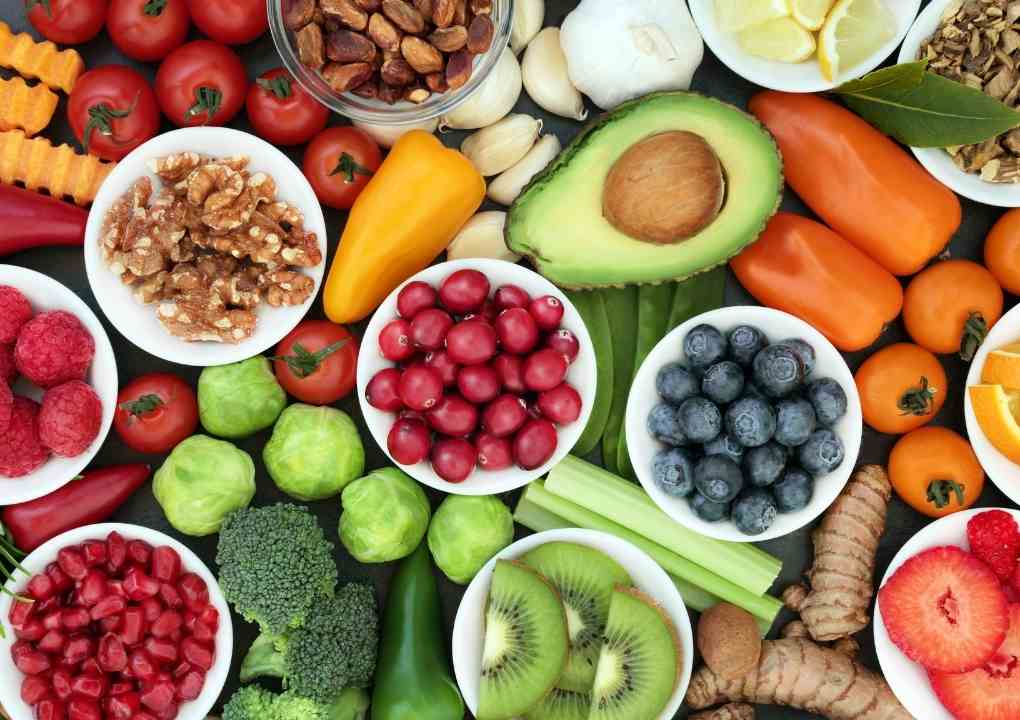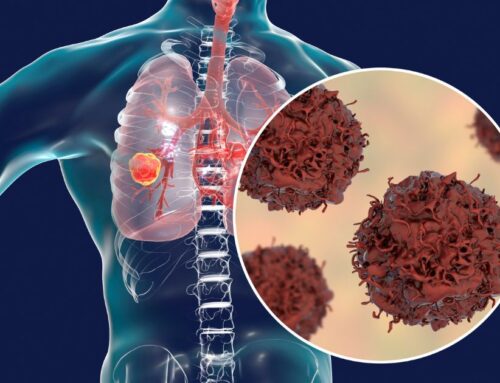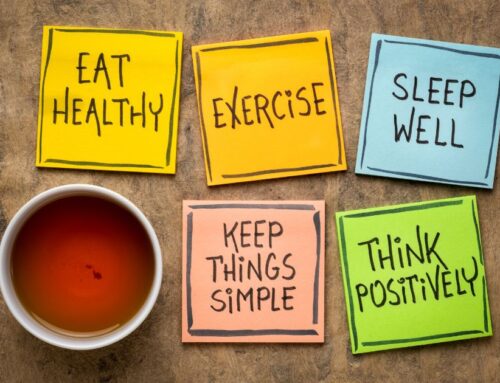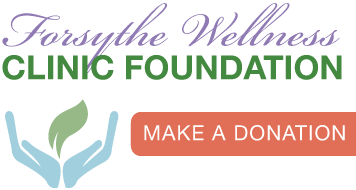As a cancer patient, you may be wondering what foods you should and shouldn’t eat. While it can vary, we have put together several dietary tips to help keep your body as healthy as possible.
Why is your diet important during cancer treatment?
Since cancer treatment can lead to fluctuations in appetite and body weight, it’s important to pay close attention to your diet. In addition to helping you maintain a healthy weight, eating a balanced diet during chemotherapy or radiation therapy can:
- Help manage treatment side effects
- Increase energy
- Increase muscle tone
- Preserve immune function
- Reduce inflammation
What foods should you add to your diet during cancer treatment?
As a general rule, a health diet consists of eating foods high in protein, healthy fats, whole grains, and supplementing with vitamins and minerals.
- Plant-based Proteins. Some of the best foods to eat during chemotherapy or other cancer treatments are plant-based proteins because they offer the highest levels of vitamins and minerals. This means eating plenty of vegetables, beans, legumes, nuts and seeds. Non-meat diets can help keep many patients healthier during their cancer treatments, but if you do eat animal proteins, choose lean options like chicken or fish.
-
- Health Fats. Monounsaturated and polyunsaturated fats have a wide variety of health benefits. Choose foods like avocados, olive oil, grapeseed oil and walnuts, which are all high in omega-3 fatty acids and help combat inflammation and improve cardiovascular health.
- Healthy Carbs. When choosing carbohydrates, opt for foods that are minimally processed, like whole wheat, bran and oats. These have soluble fiber, which helps maintain good gut bacteria. Soluble fiber also promotes the production of short-chain fatty acids (SCFAs), which lend a hand to everything from metabolism to cellular repair.
- Vitamins and Minerals. Vitamins and minerals help our bodies’ enzymatic processes, which play a big role in boosting immune function and reducing inflammation. Make sure you are adding foods and supplements that are fortified with vitamin D. These may include milk, orange juice, yogurt and some cereals.
What foods should you avoid during cancer treatment?
Be aware of what’s going into your body during cancer treatment. Read nutrition labels and prepare as much of your own food as you can. It’s best to stay away from highly refined, processed food. You should also avoid fried foods that contain a lot of hydrogenated oils, which can increase inflammation.
Since people with cancer often have compromised immune systems, consider skipping foods that carry the risk of foodborne illnesses, including:
- Lightly cooked or raw fish, such as sushi
- Soft-cooked eggs or foods that contain raw eggs, such as homemade mayonnaise
- Unpasteurized cheeses and dairy products
- Unwashed fruits or vegetables
Should you take supplements during cancer treatment?
If you’re not eating as much as usual during treatment, or if you have side effects like vomiting and diarrhea that cause you to lose vitamins and nutrients, you might consider taking a multivitamin. The most commonly recommended supplement is Vitamin D. Vitamin D helps keep your immune system strong, reduces fatigue and supports bone health. This is especially important if you’re on a steroid treatment because it increases your risk for bone density loss.
Dr. Forsythe can help you determine the best vitamins and supplements to add to your unique diet.
How can your diet help manage cancer treatment side effects?
Dietary changes can help relieve the side effects of your treatments. Some common side effects and how to combat them nutritionally include:
- Appetite loss. Eat small meals or nutritious snacks throughout the day, rather than three large meals.
- Constipation. Drink plenty of water, consider a fiber supplement, and add veggies and beans to your meals.
- Diarrhea. Choose foods or drinks with sodium (sports drinks or broth) and potassium (bananas and all natural fruit juices).
- Loss of taste. Knowing what to eat when you can’t taste can be difficult. Consider trying new foods with different spices or marinades. You can also add strong flavors, such as lemon or lime juice.
- Nausea. Anti-nausea foods include citrus, ginger and peppermint oil. You can suck on a slice of lemon, drink ginger tea or eat ginger chews.
Planning your cancer treatment diet
Most importantly, you have to choose a diet that you will stick to and that is practical for your lifestyle. If you’re busy in the evenings and don’t have the time or energy to cook, try to select healthy takeout options. If you’re on a budget, adding inexpensive, nutritious foods like beans or frozen fruit or vegetables to simple meals can go a long way towards improving your overall health.
If you are looking for additional nutritional recommendations for cancer patients, contact Forsythe Cancer Care! Our experienced doctors and staff will consult with you about your specific needs and help you stay as healthy as possible during your treatment process.




